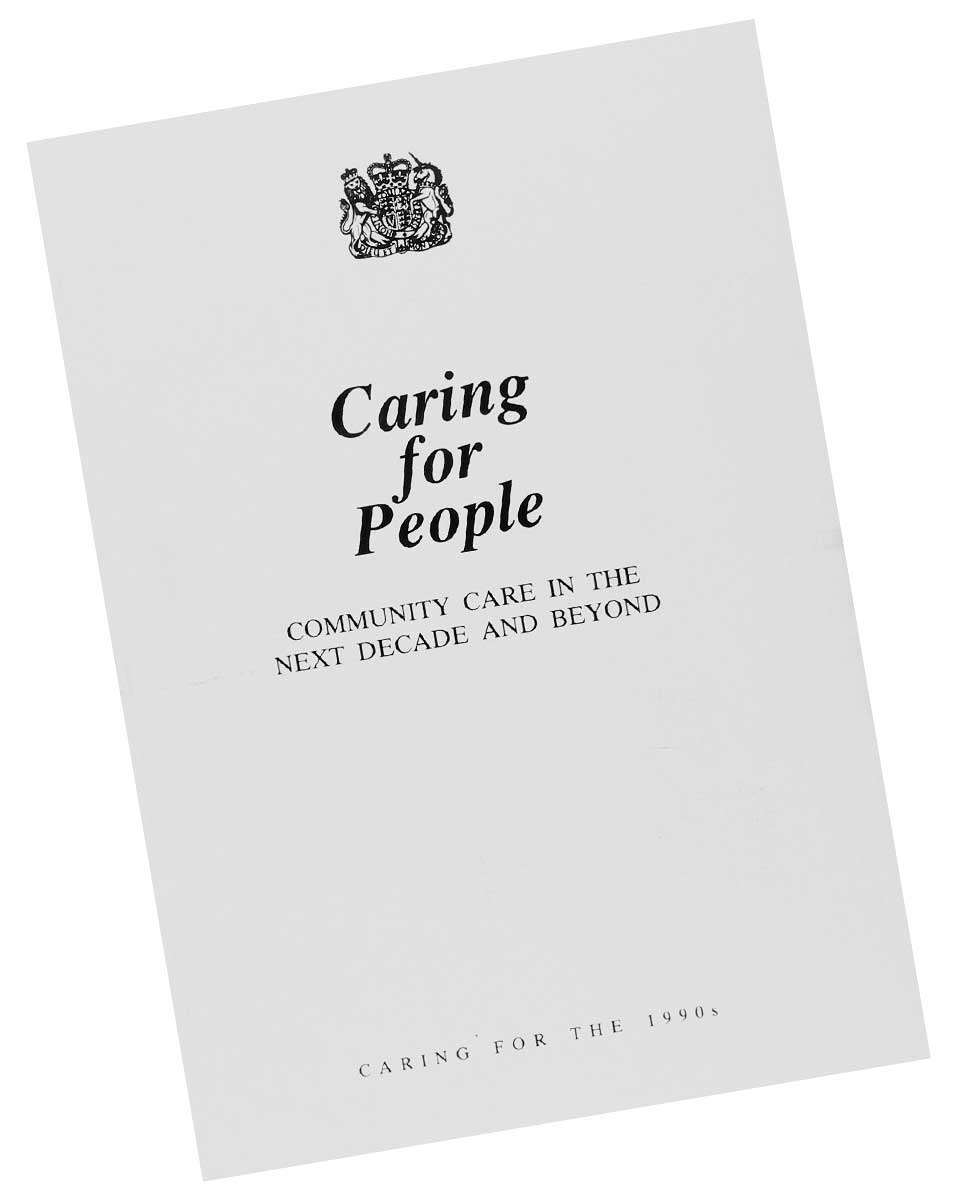
Many parents opposed plans to close long-stay hospitals. Why?
Writing an article recently, I needed to read through the very first issues of the British Journal of Learning Disabilities, an academic journal launched almost 50 years ago in 1973.
It was then known as Apex, the Journal of the Institute of Mental Subnormality. There was talk of “mongols” and abnormality. The language, while not intended to be disparaging in these articles, is always a shock, even if we go back only a few years.
Be assured that the language we use so confidently today will be a shock to others in not many years’ time.
Reactionary or legitimate?
Even more of a wake-up call in these journals than the language were the many articles and letters written by worried parents.
Many were deeply opposed at the time to all the talk going on about closing long-stay “subnormality” hospitals and returning people to the community.
At first, their language and their concerns seemed very alien to me. But then I realised there was a thread that linked them to familiar themes of today.
Families often have a real distrust of any new government policy or initiative, feeling that somehow it will be they who will be left alone to bear the brunt of any negative consequences of change, while professionals move smoothly on to their next project.
I think it is important to remember that when family members appear to be acting in a very conservative or even reactionary way, they often have very legitimate concerns, arising from bitter experience, at the root of their anxieties.
Dance ovations
I have the privilege of being the chair of a dance company in London called Corali, where we train and develop the careers of talented dancers who happen to have learning disabilities.
The other week, they appeared in a show at the Barbican Centre in London, where they performed with a company called Thick and Tight.
The show played to sell-out audiences for six nights in a row and they received huge ovations each night. The audience reaction was nothing to do with the fact that the dancers have learning disabilities and everything to do with their talent.
I could never compete
I was asked to speak in an online seminar for history teachers about putting the history of learning disability on the curriculum in mainstream schools.
A fellow speaker was Shaun Webster MBE, an equality campaigner, activist and self-advocate. He tells his life story in Saba Salman’s book Made Possible.
If you ever get the chance to hear him speak, do take it. He is so mesmerising that at times I forgot I was a fellow speaker, as I listened to what he had to say.
He began life, as he openly acknowledges, with an incredibly difficult father, and was told things that would have destroyed most people’s self-esteem for ever.
But he went on to be a father himself, a generous and highly effective campaigner, and the proud possessor of an MBE (which he made sure he went and showed to his dad after he got it).
Someone asked a question to both of us at the end and I hastily said: “Please let me go first. There’s no way I can follow him.”
Model behaviour
I saw the ever more successful fashion model Ellie Goldstein on morning television recently.
They showed a clip of her modelling for Gucci or Vogue or suchlike, and one of the presenters commented: “You look like you were born to do this.”
“I was,” she replied.
That told them.
